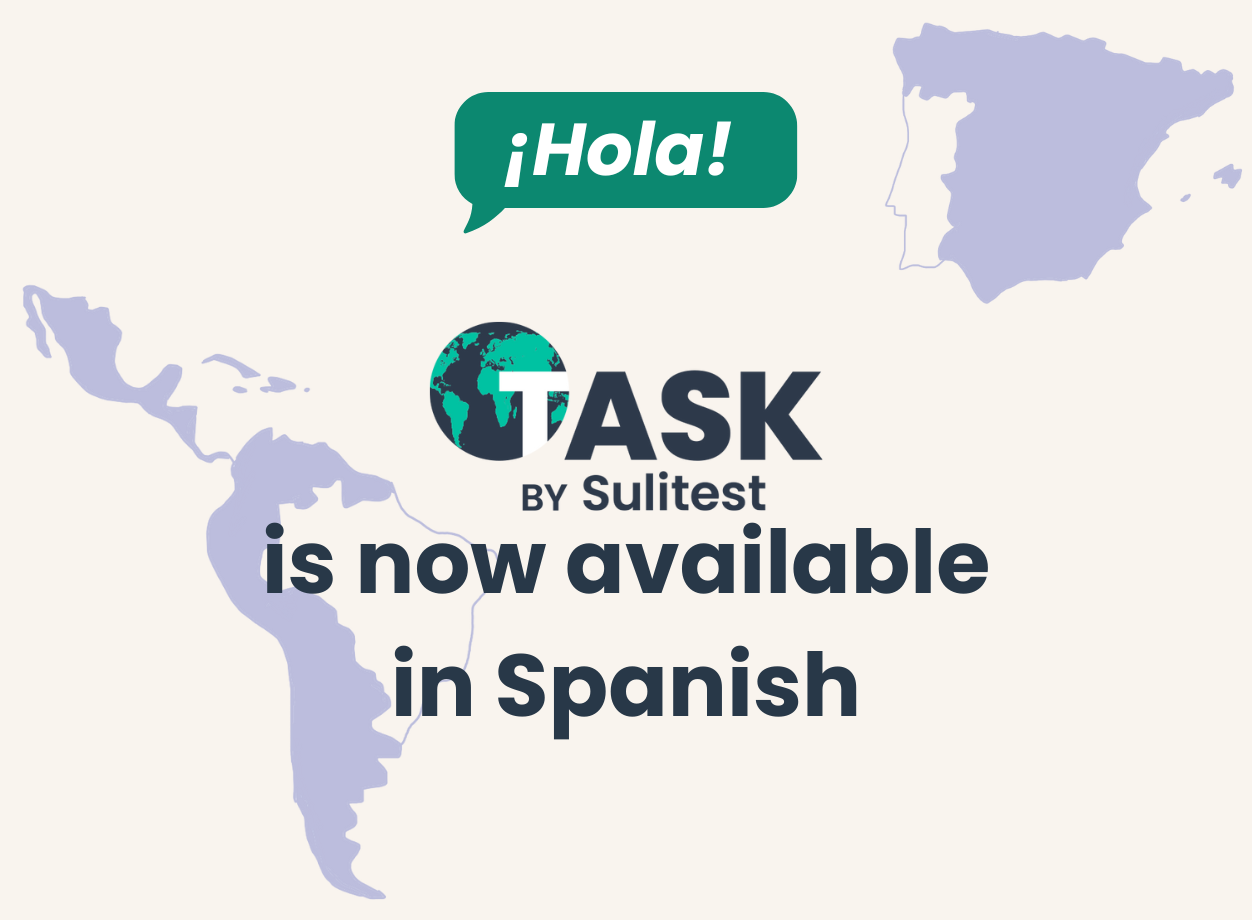
Sulitest & i5 for UN PRME - evaluating pedagogical impact!

The Impactful Five (i5) Project is a collaborative initiative in the field of leadership education that draws on the research and expertise of the LEGO Foundation. This project, led by the Principles for Responsible Management Education (PRME), in partnership with Sulitest and Project Zero of the Harvard Graduate School of Education, is contextualized within the learning environment of business schools.
By launching this research project, PRME aims to develop and pilot innovative pedagogical approaches that transform leadership education and directly respond to the challenges of sustainable development.
Project Zero, a research lab at the Harvard Graduate School of Education, has worked to transpose knowledge from the literature on responsible management education with research by the LEGO Foundation on learning.
Sulitest was chosen as a partner for its expertise in the field of evaluation. Leading the project are Pauline Proboeuf, a researcher in sociology on alternative methods of education (discover her work), in collaboration with Estela Castelli Florino Pilz, the Project Coordinator. Their primary focus is on evaluating and documenting the impact of the i5 pedagogy on teaching methods, student skills, and the educational system as a whole.
The Stakeholders of i5
The Impactful Five (i5) in leadership education aims to develop and test pedagogical approaches for developing a holistic set of skills, helping the next generation of leaders tackle sustainable development challenges.
This research focuses mainly on developing physical, social, emotional, and cognitive skills through play.
When learning is playful, children immerse themselves in strategic creation and problem-solving. The joy of play provides the incentive to develop complex reasoning skills, memory, and concentration - far more effectively than simply sitting and reciting facts.
By analyzing how children handle uncertainty through play, we are able to reuse these principles to educate the next generation of business school graduates to tackle the ecological and socioeconomic crisis.
Indeed, young adults of this generation face a context of uncertainty, exacerbated by the current challenges of climate change.
i5 stakeholders aim to shape a workforce of lifelong learners, equipped with the holistic skills essential for tackling current sustainable development challenges.
Project Zero, Harvard Graduate School of Education
The mission of Project Zero (PZ) is to understand and foster human potential - such as learning, thinking, ethics, intelligence, and creativity.
PZ is responsible for developing the Playbook, which provides a practical guide, based on rigorous literature review work (e.g., research questions, design, appropriate methodologies, and research ethics) that equips educators to test new pedagogical approaches for developing holistic skills in their business school students.
This Playbook has already been disseminated across PRME's network of over 860 business schools worldwide.
Sulitest
At Sulitest, our mission is to mainstream knowledge, skills, and mindsets in sustainability to motivate individuals to deeply engage in building a sustainable future through informed and effective decisions.
After 14 years of disseminating awareness tools, we assembled a TaskForce of professors, sustainability professionals, and higher education experts to develop the first robust international assessment of sustainability knowledge, TASK ™.
Based on our expertise in evaluation, our partner PRME asked us for a tailored impact assessment to specifically test the development of UN PRME (i5) learning and pedagogical approaches among faculty and business school students.
Establishing and evaluating pedagogical transformation
The main goal is to assess the impact of this project on its target audience, for which we have developed specific evaluation methods.
In this context, we first designed a tracking tool in the form of longitudinal, online surveys to monitor the deployment of the i5 project, querying educators who participated in the i5 workshops offered by PRME. This tool allows us to answer the following questions:
- Has the i5 initiative reached its target audience?
- Who are the stakeholders affected by the i5 initiative?
- What types of participants, in sociodemographic terms, were most affected? Have educators decided to change their pedagogy and if so, what changes have been made?
We also designed an "Assessment Toolbox" for educators, including self-assessment tools and evaluation of their courses with the introduction of the i5 pedagogy.
This toolkit, aimed at formative evaluation, also allows students to assess the impact of the courses on their own learning, promoting a more introspective and participative approach.
In parallel, we launched qualitative, exploratory, and collaborative research with 9 professors from different universities and countries around the world, chosen based on representativeness criteria. The goal is to follow these educators for 9 months, train them in the i5 pedagogy, and explore changes with a pre/post aspect (interviews and observations of their class before and after their introduction to i5).

Innovation in Course Preparation and Delivery
We are curious to discover how these innovations change the way teachers prepare and deliver their courses. Our pre- and post-introduction evaluation strategy allows us to observe pedagogical practices before and after, offering a comparative analysis rich in insights.
Beyond Evaluation: A Partnership for Change
At Sulitest, our commitment goes beyond offering awareness and certification tools. We play a crucial role in pedagogical transformation. Our responsibility is not limited to evaluation, as shown by our active participation in the i5 project. We are an active partner, contributing to the overall strategy and direction of the project.
Conclusion: Towards a Sustainable Future
Our goal is to transform the way students learn, by focusing not only on course content but also on how these courses are taught. This transformation has the potential to impact the educational content itself profoundly, and ultimately, the students' learning experience.
We will accompany educators throughout this transformation process, providing them with the necessary tools and support to navigate this change.
Our vision is one of a future where the challenges of sustainable development are met with creativity and responsibility. In doing so, education will not just transmit knowledge. It will instil a deep understanding of sustainability and its impact on our world, thus propelling positive change.












